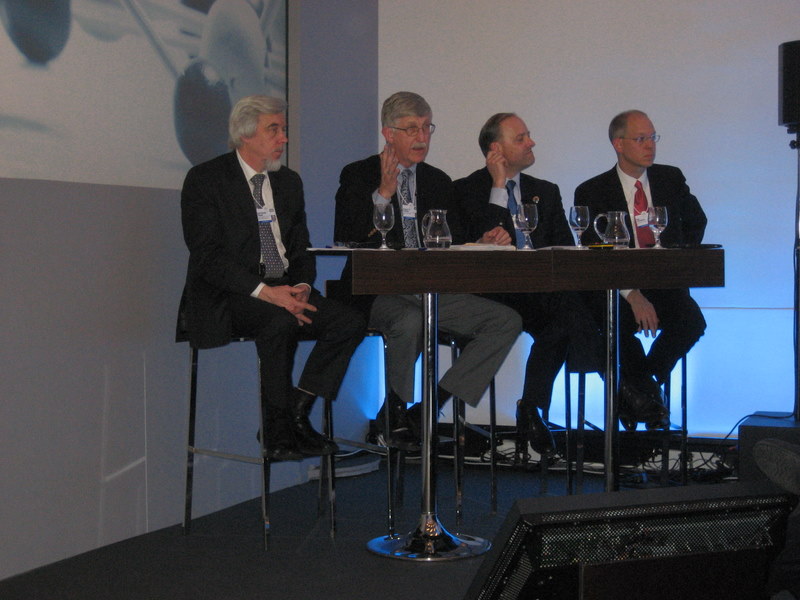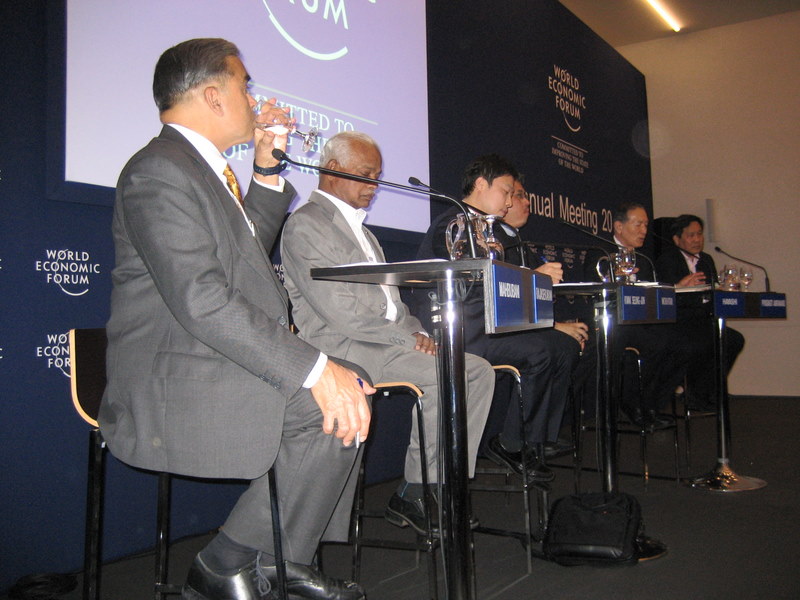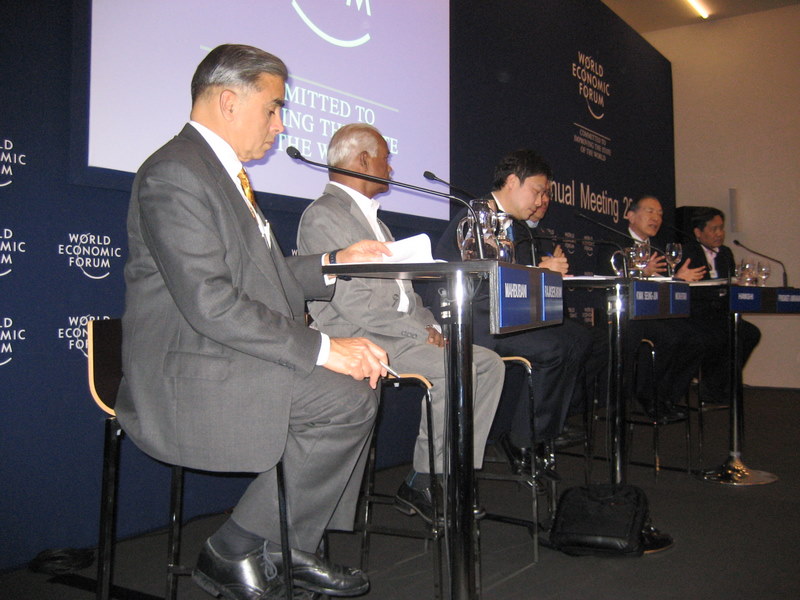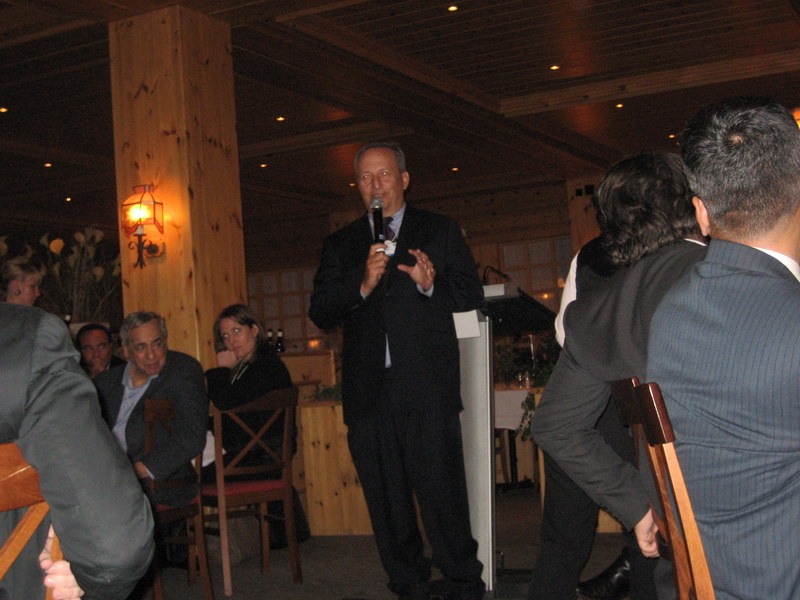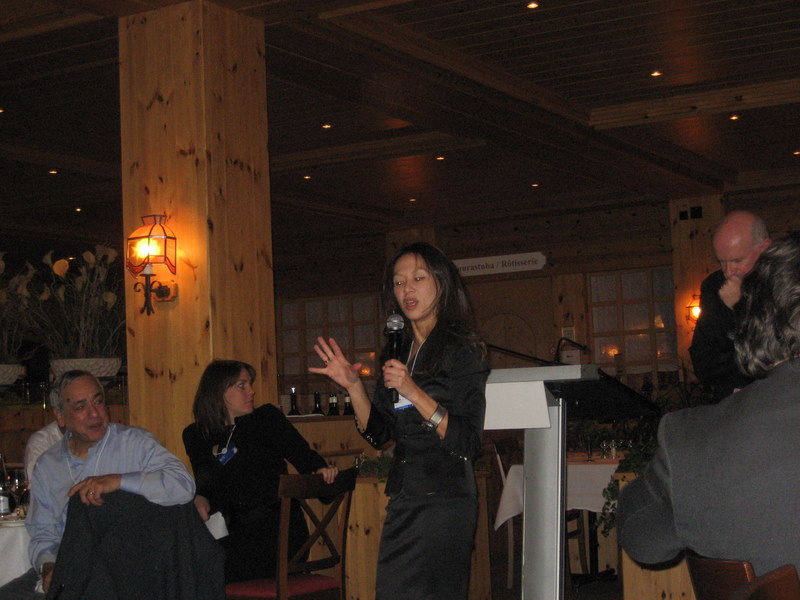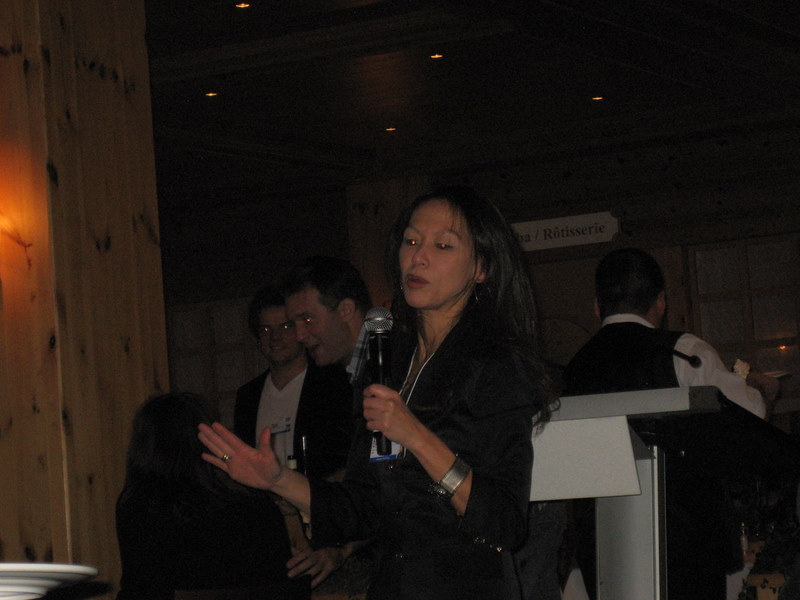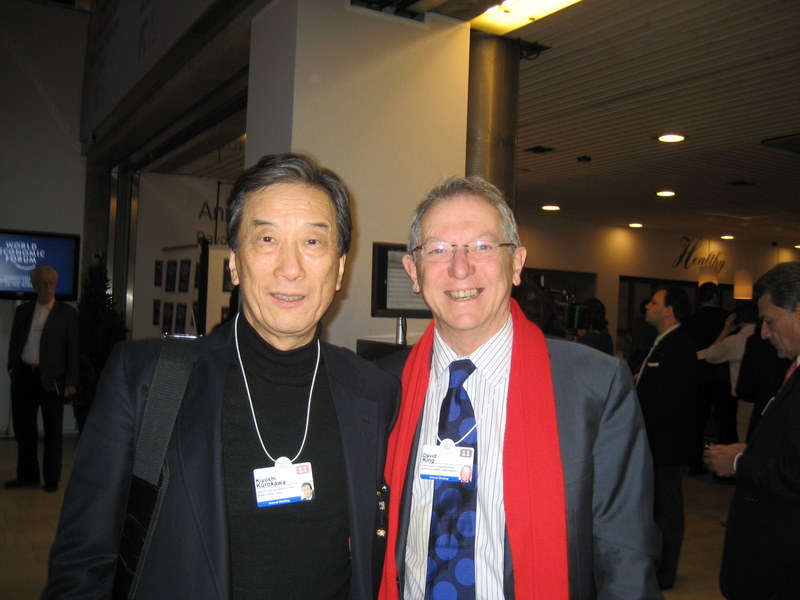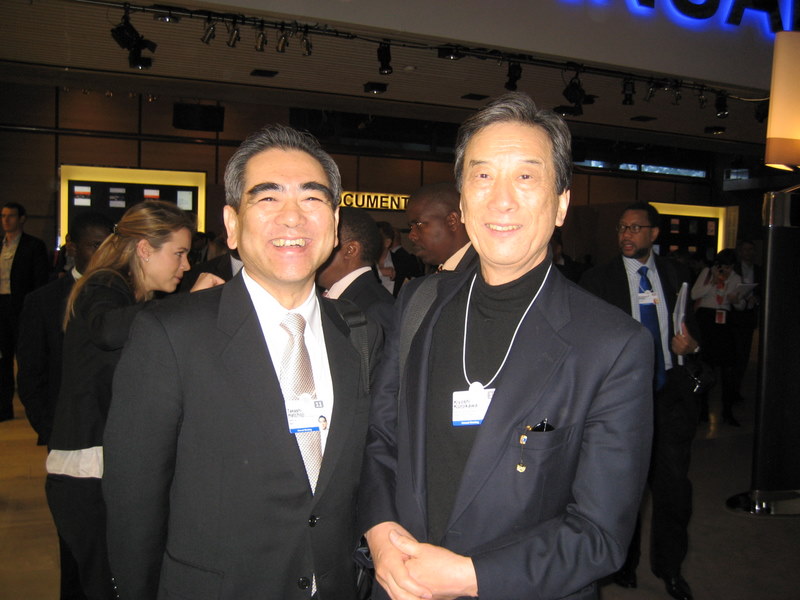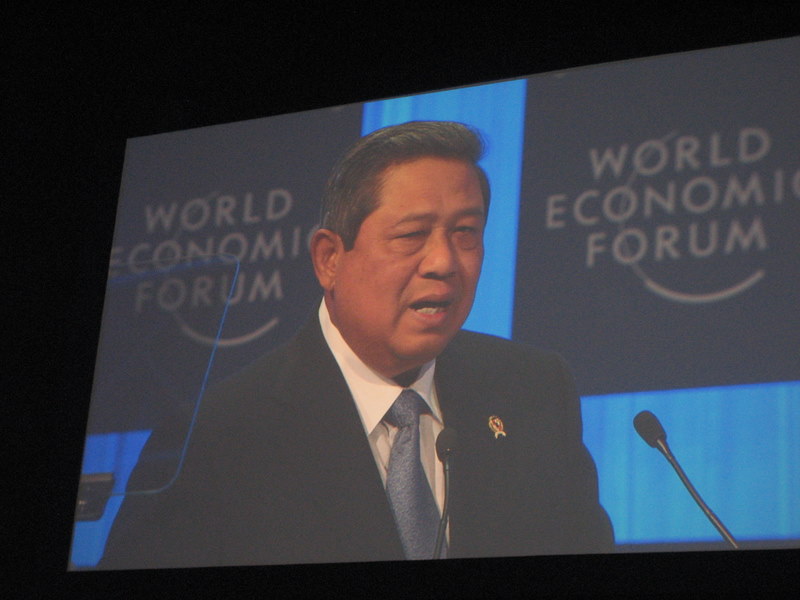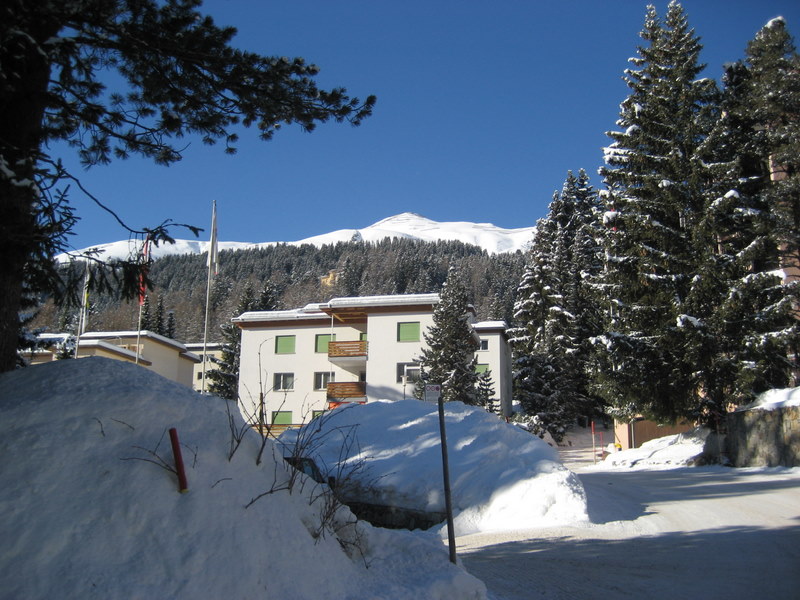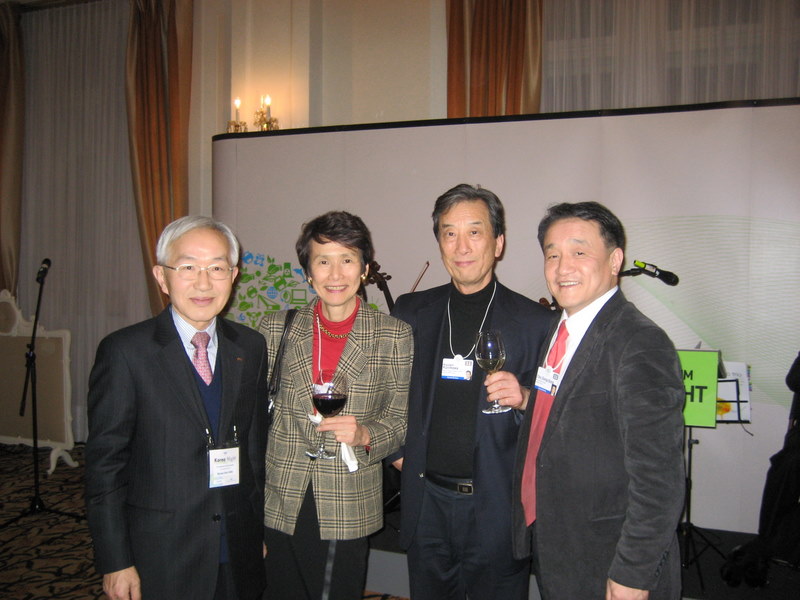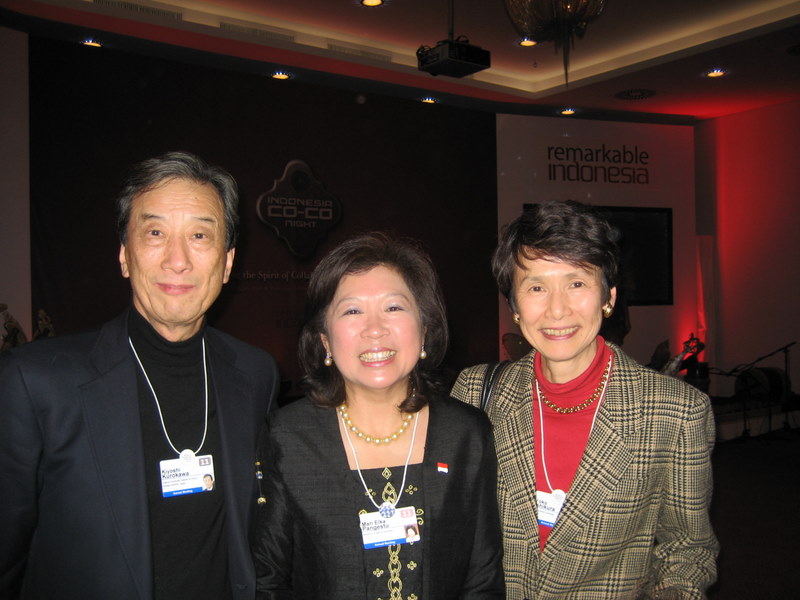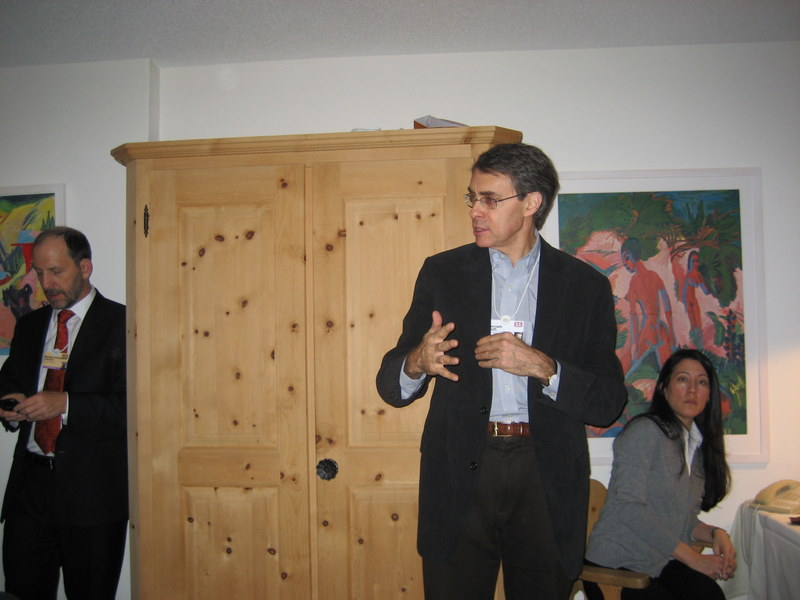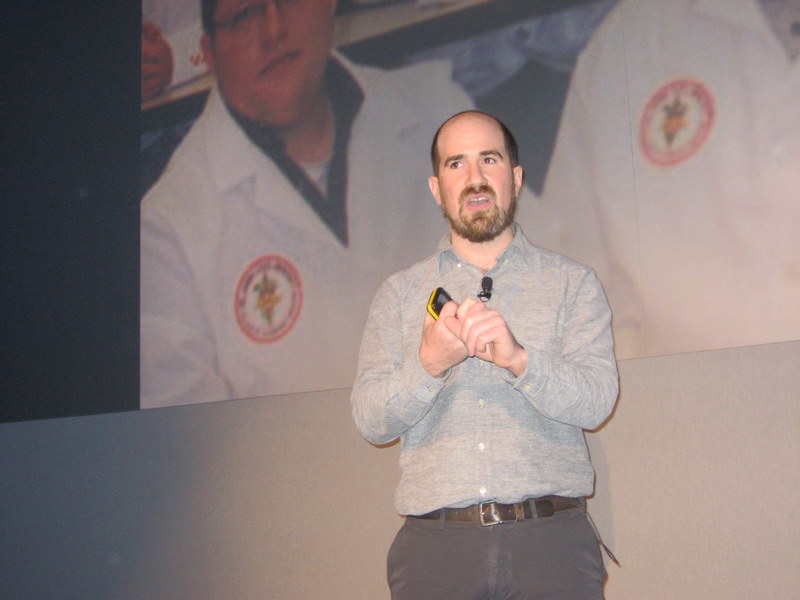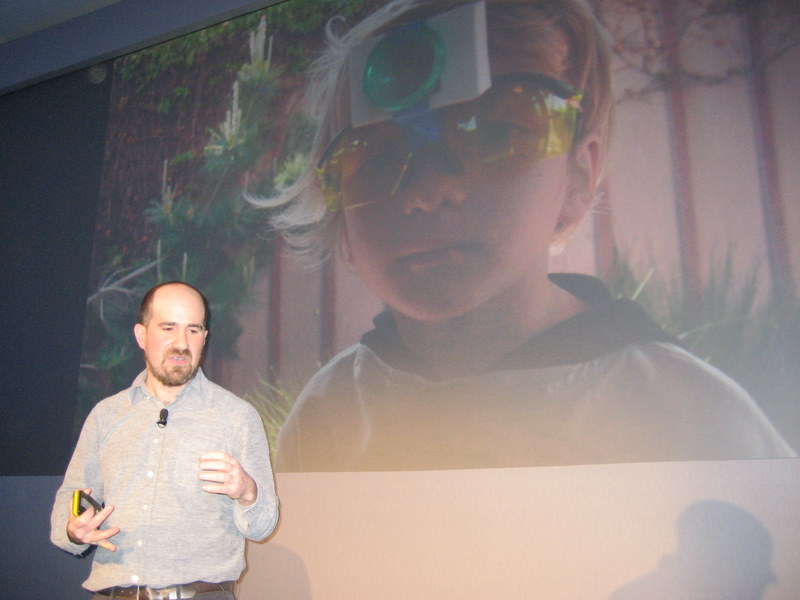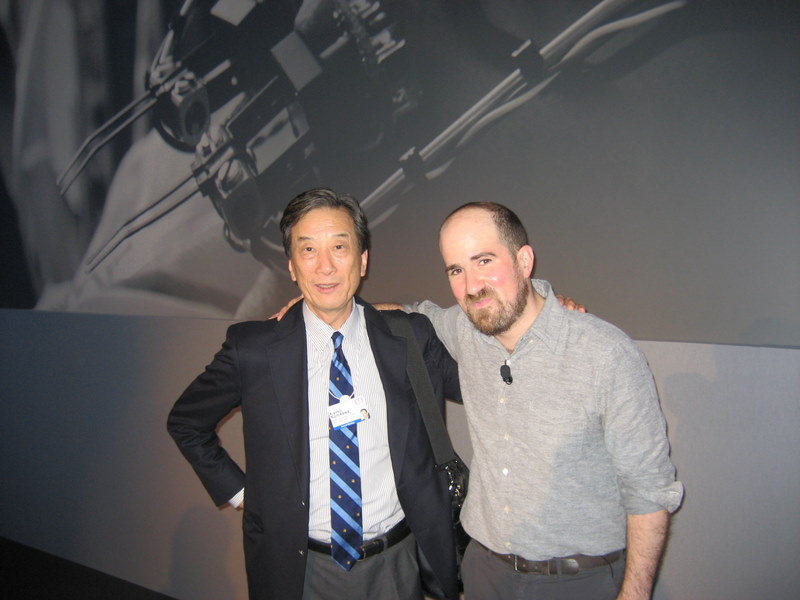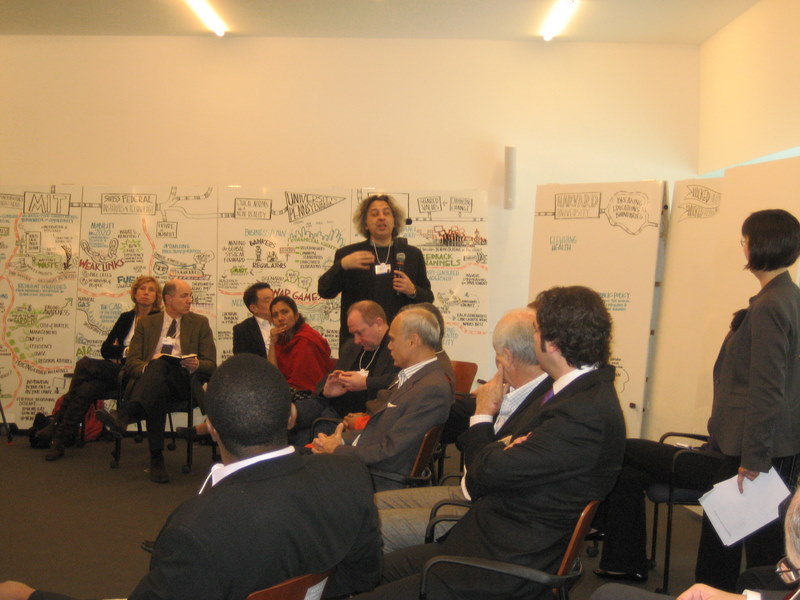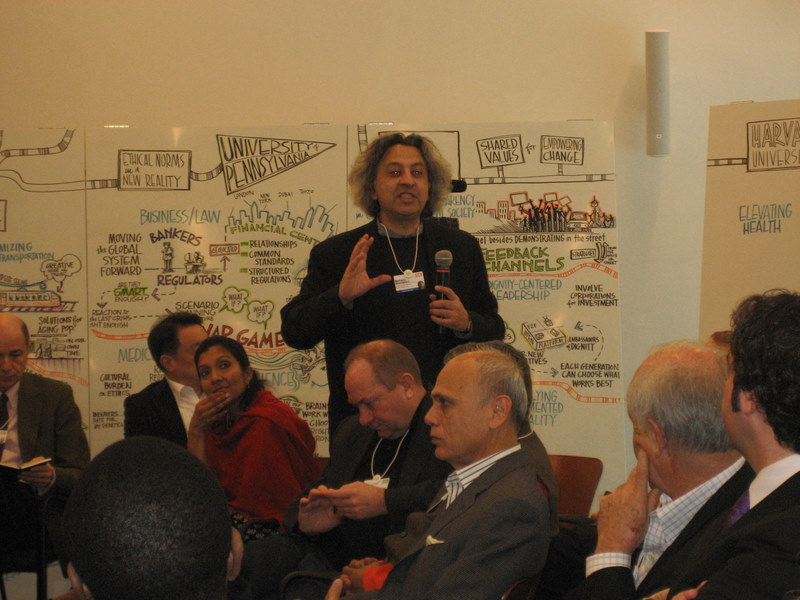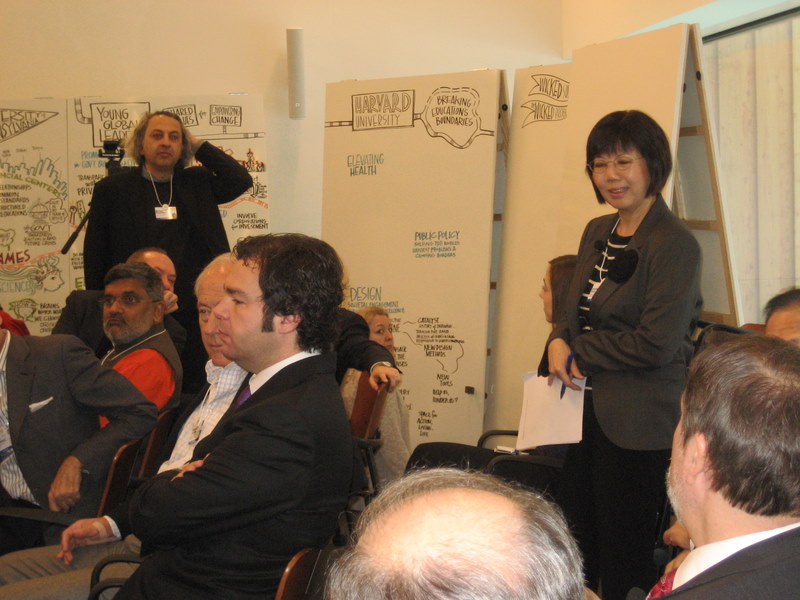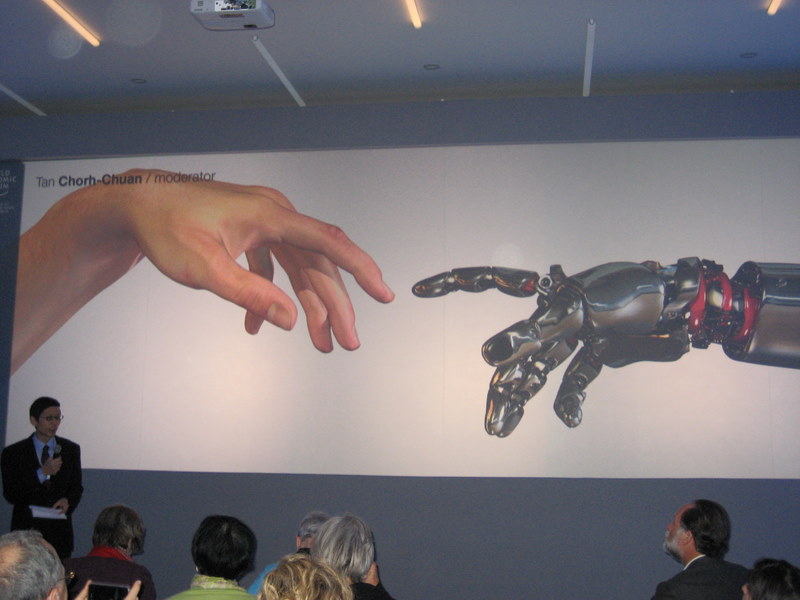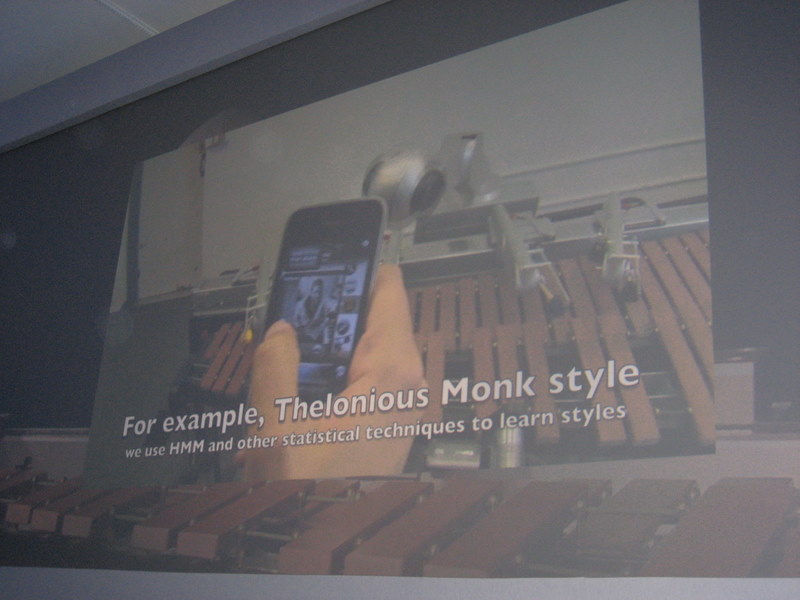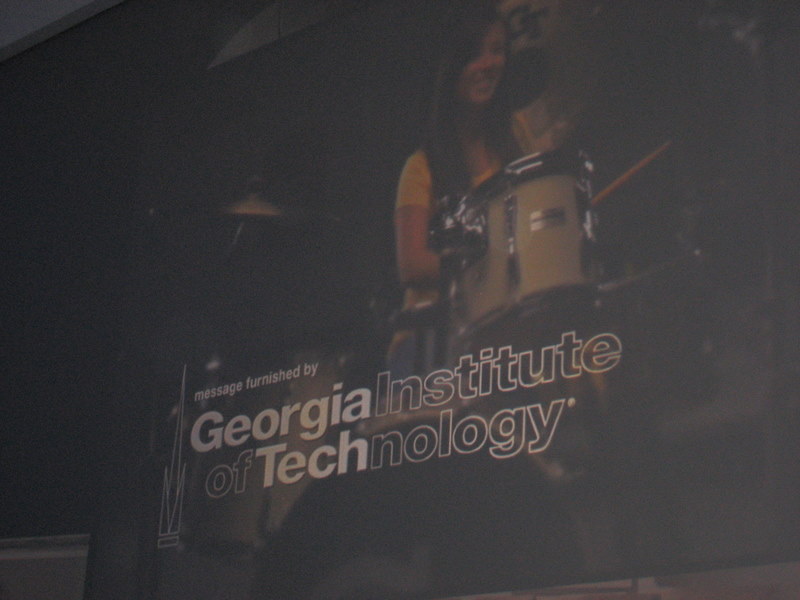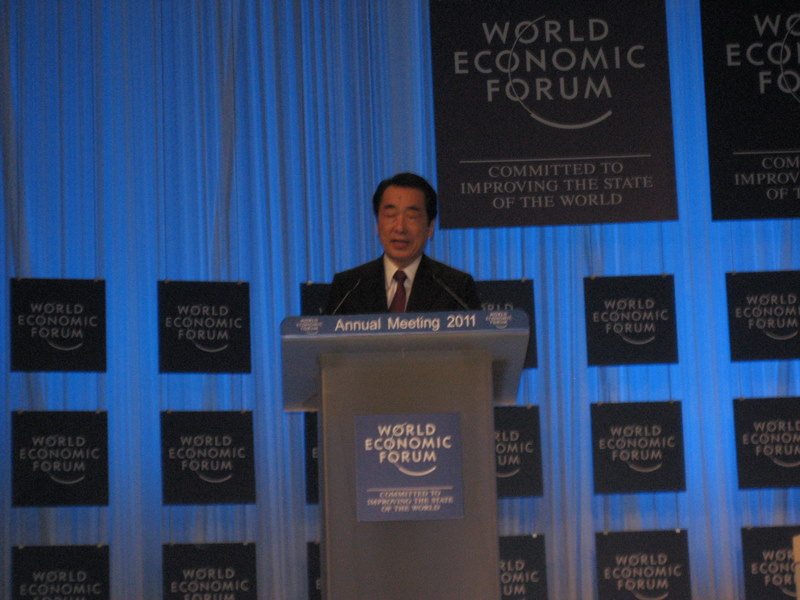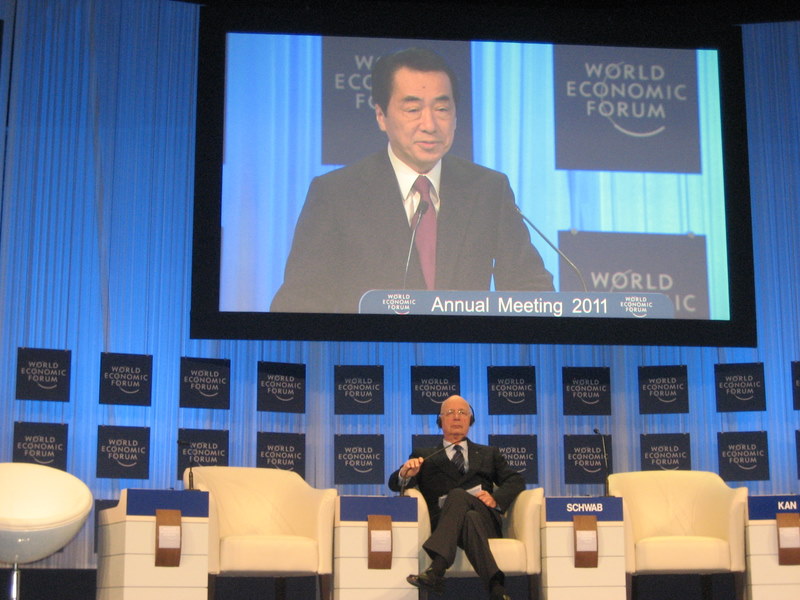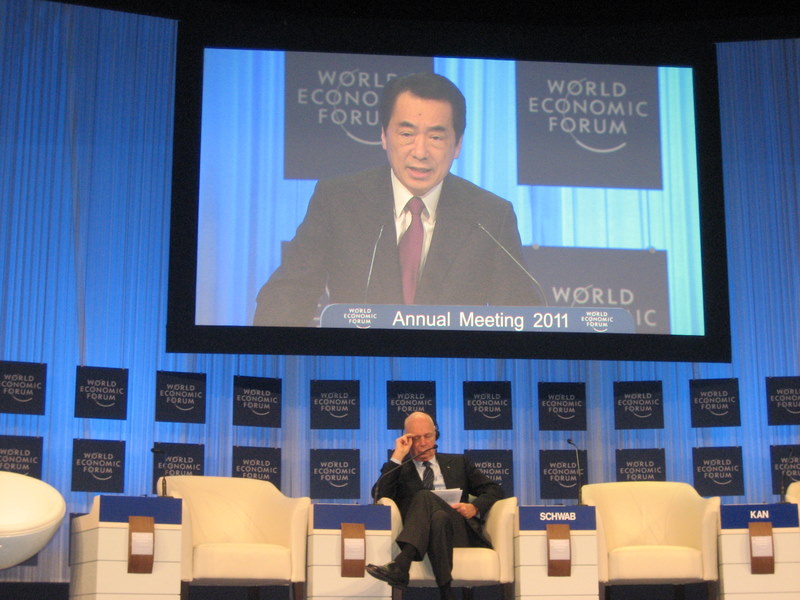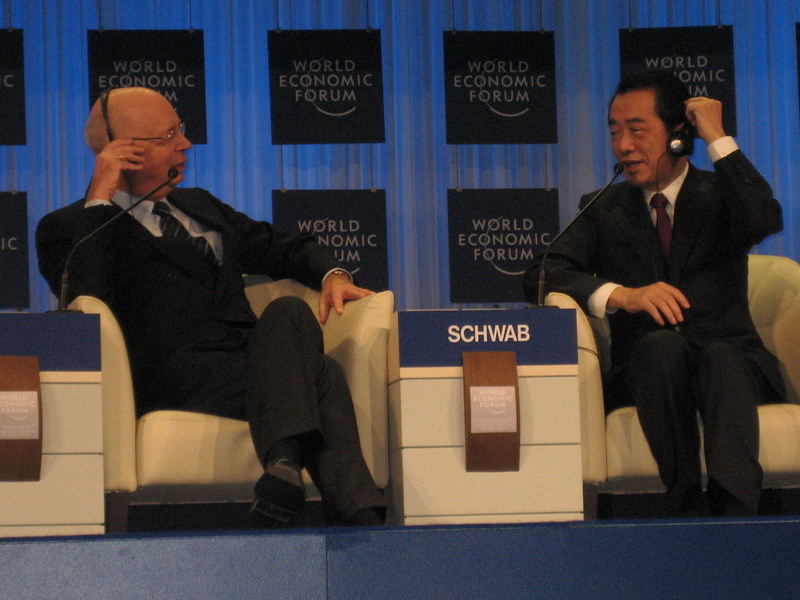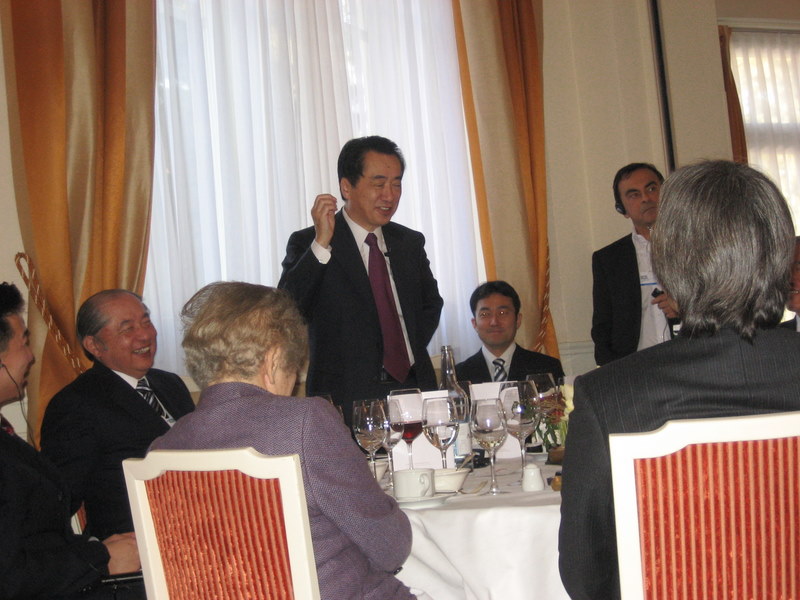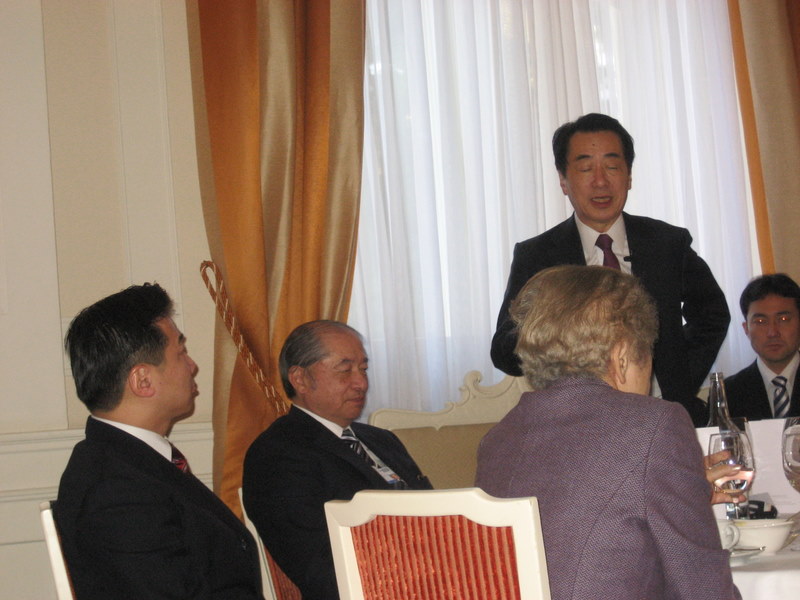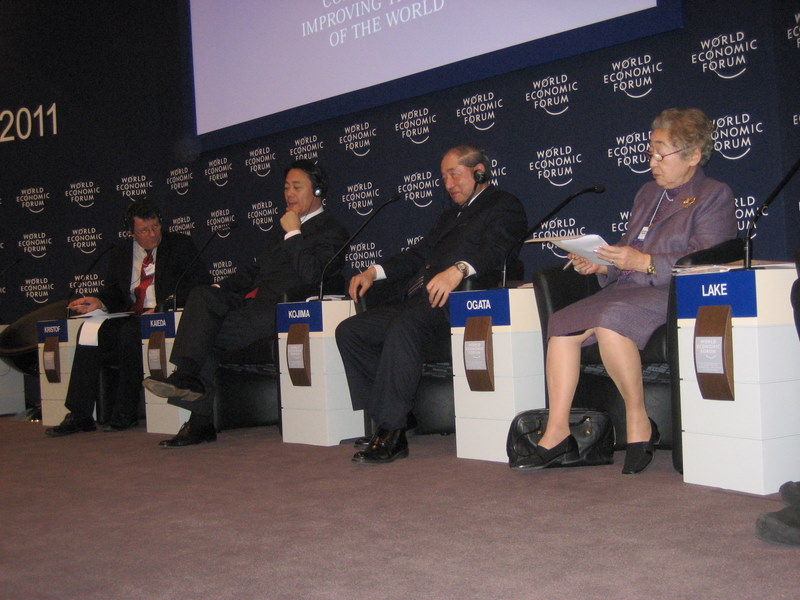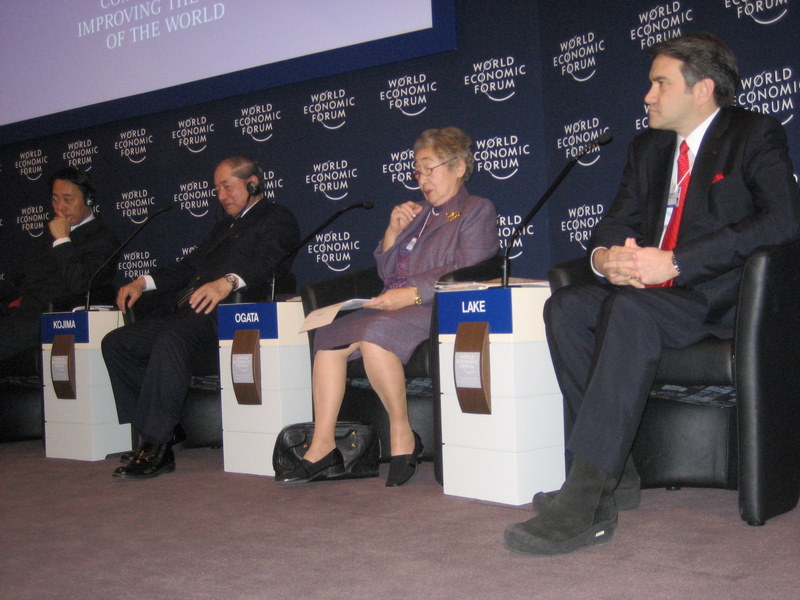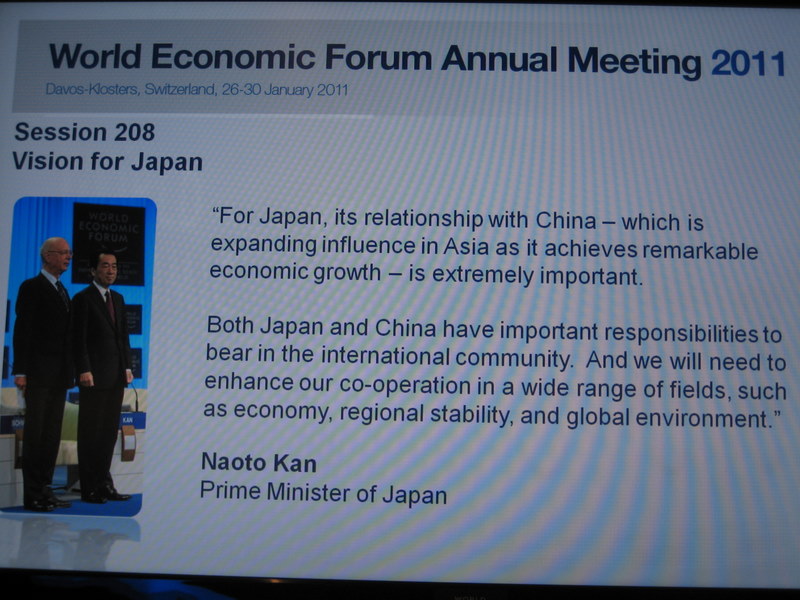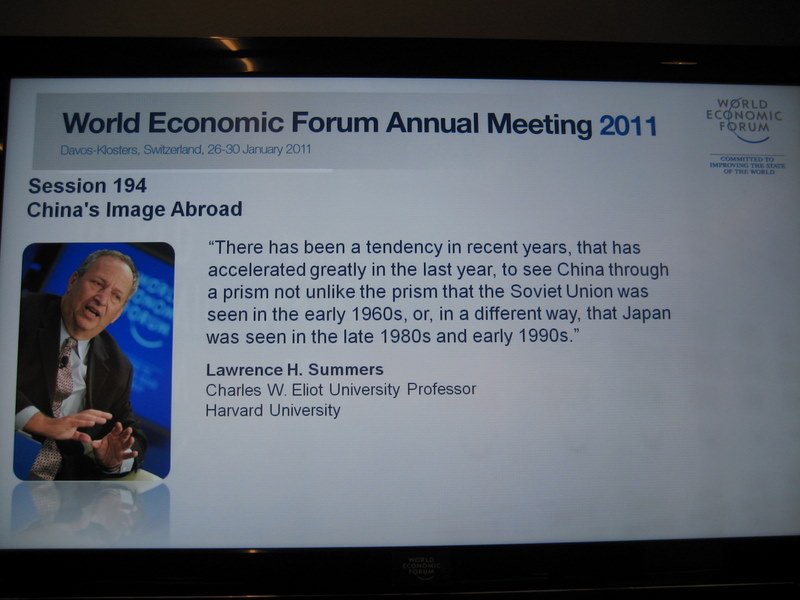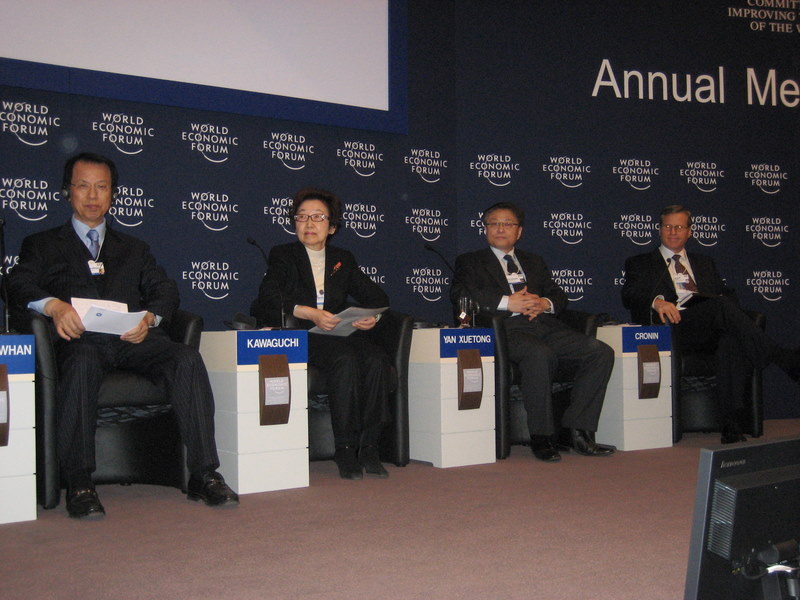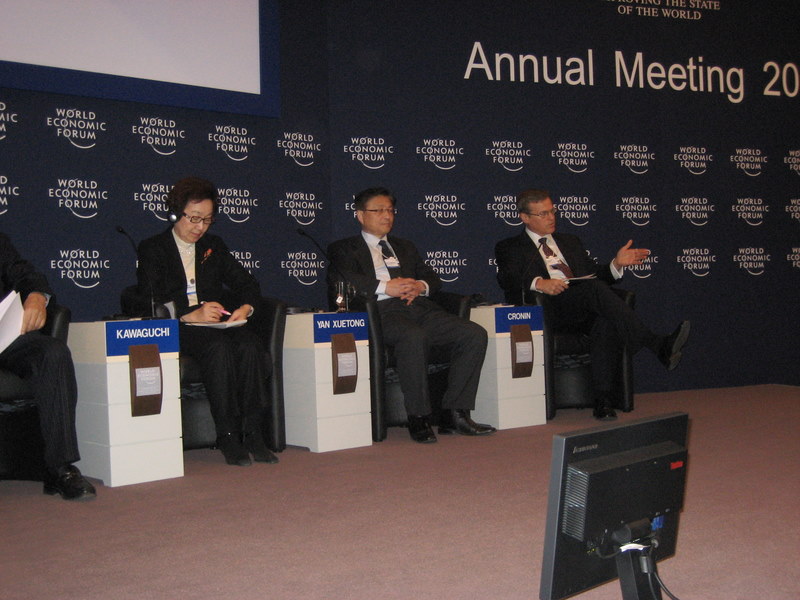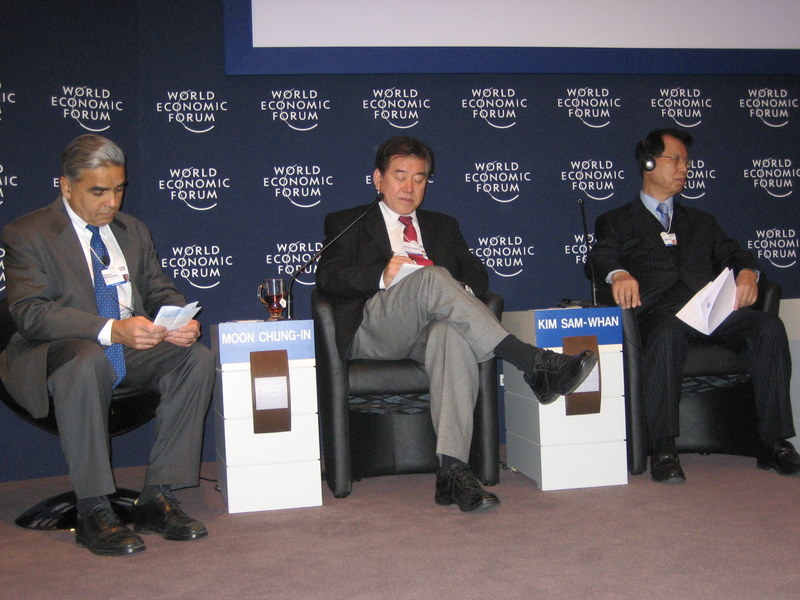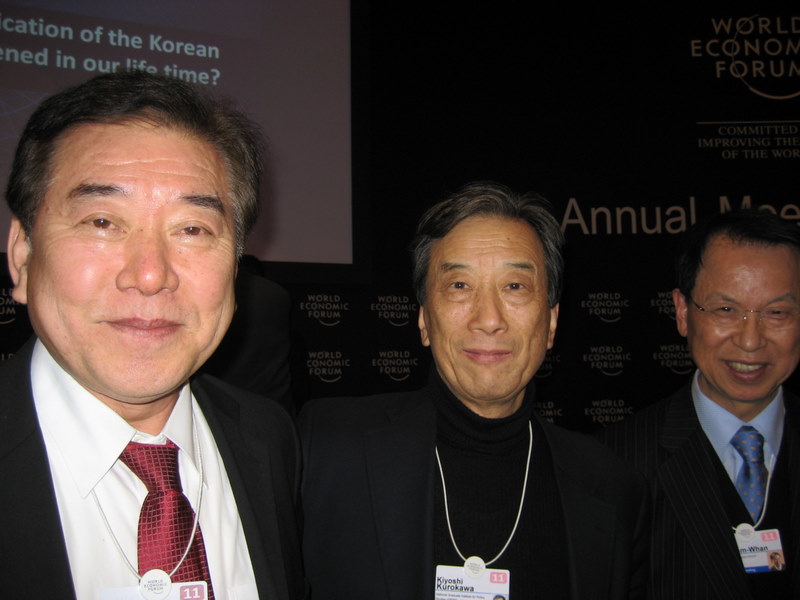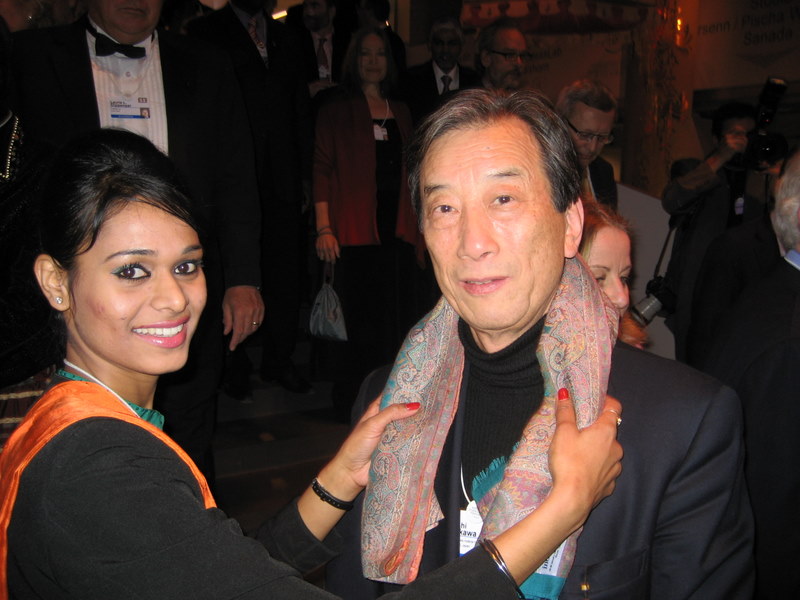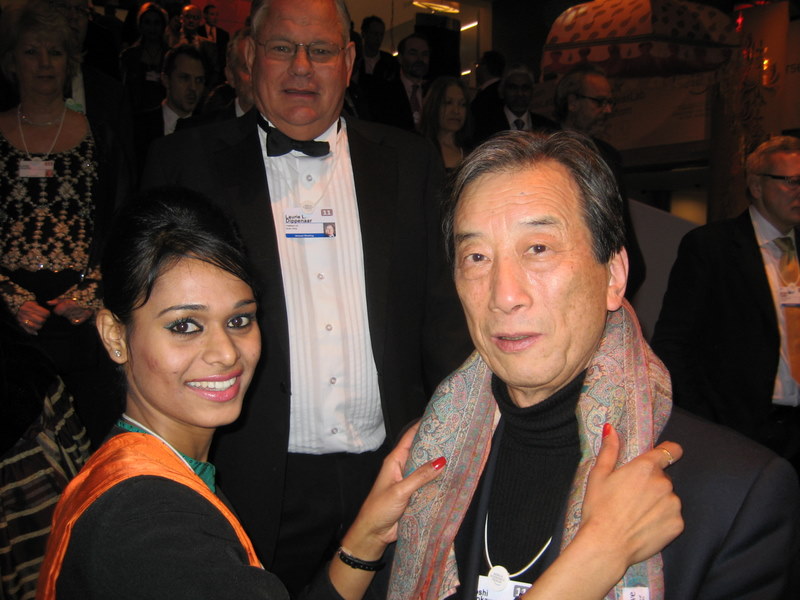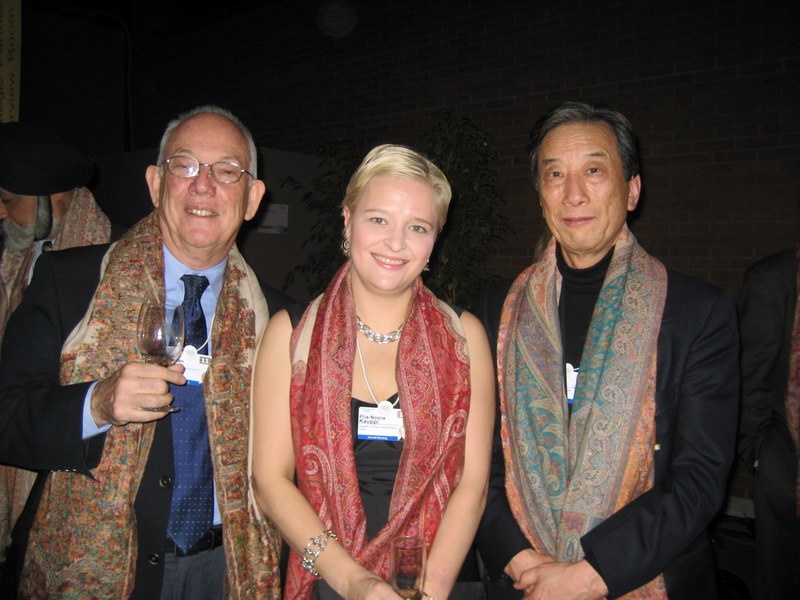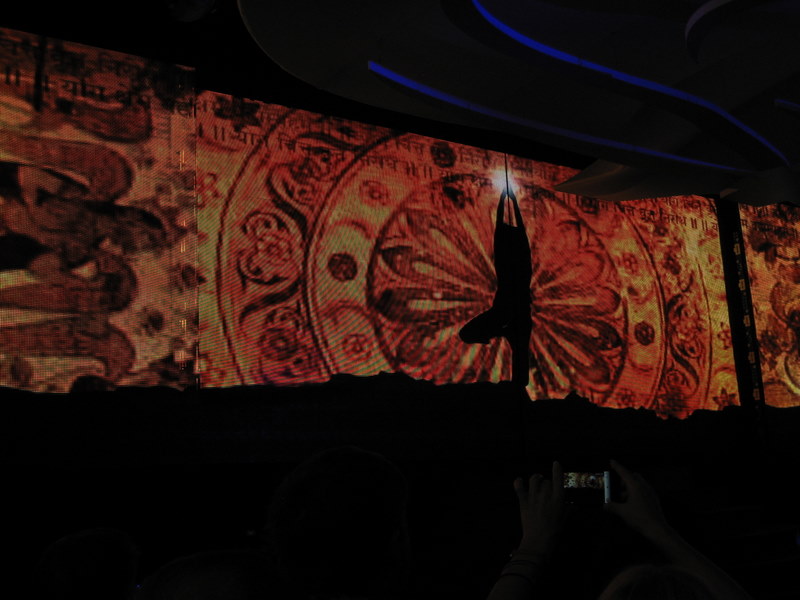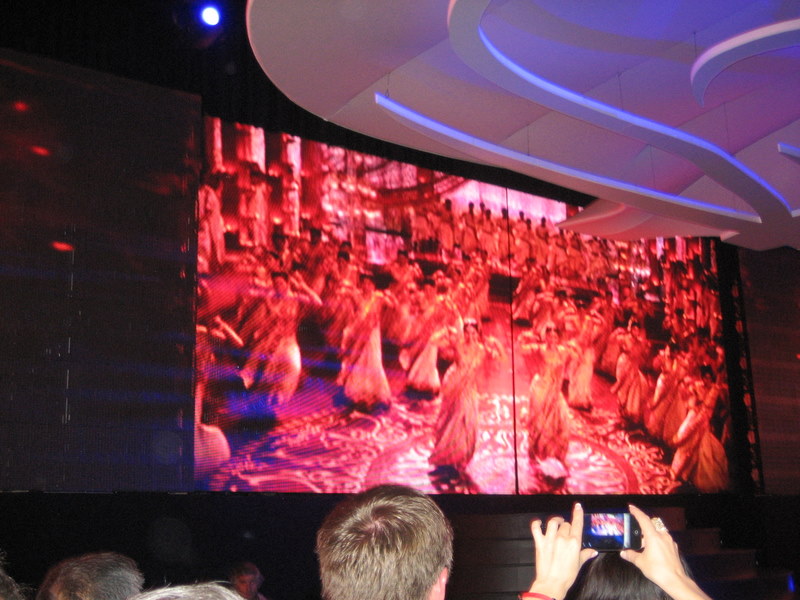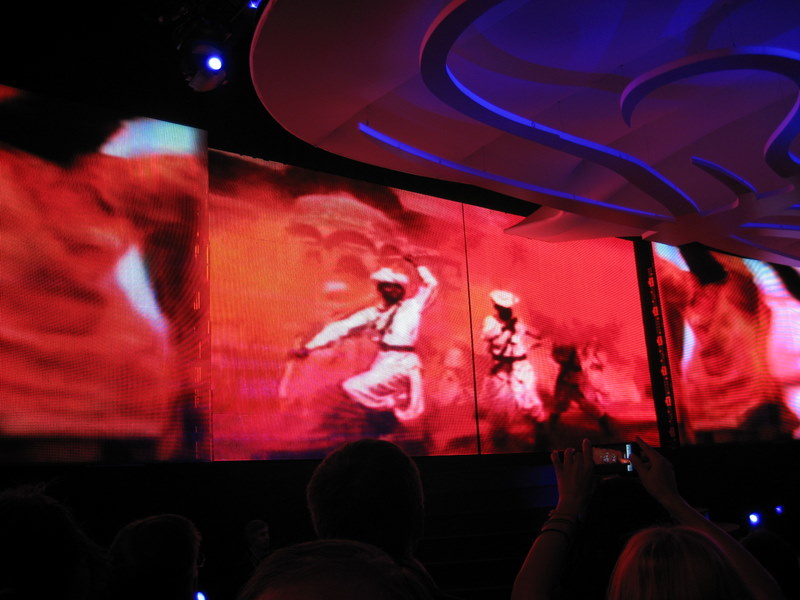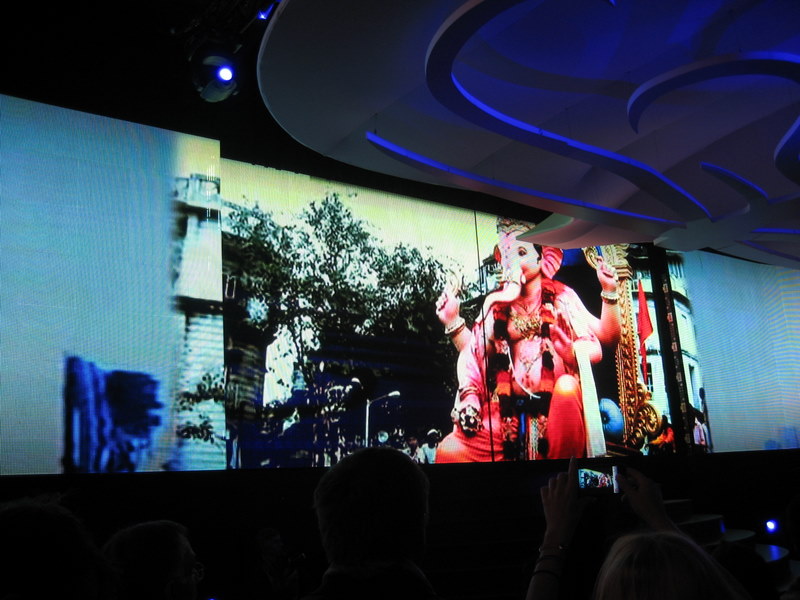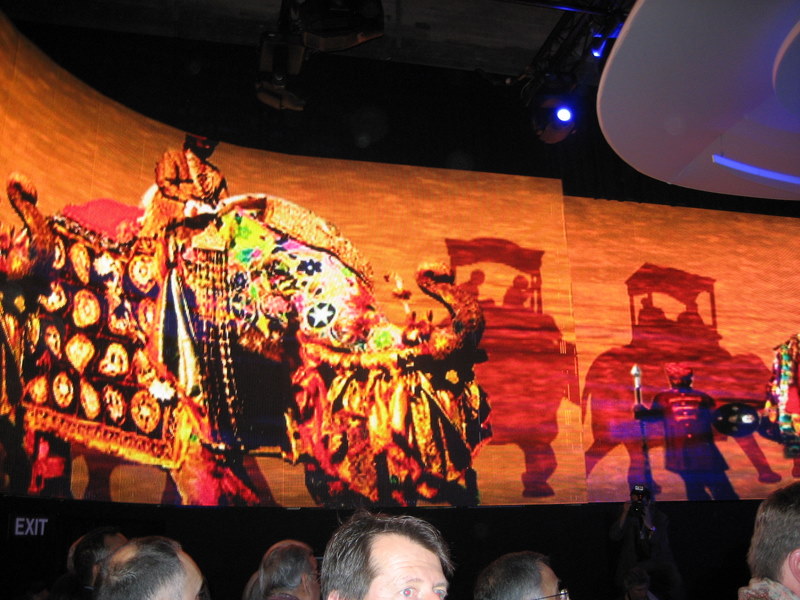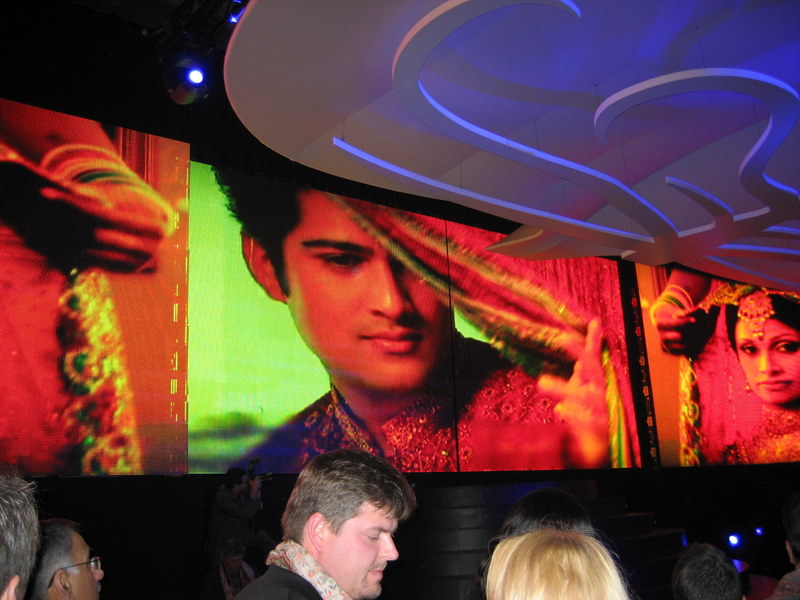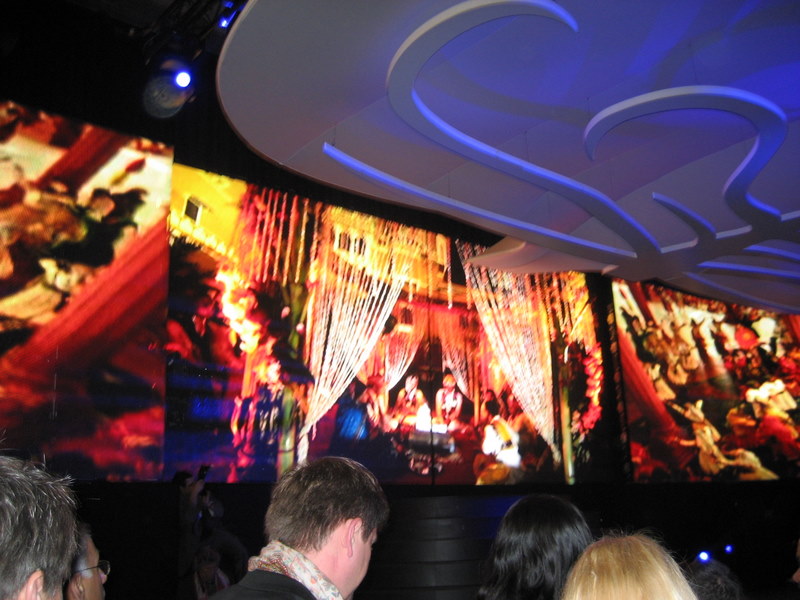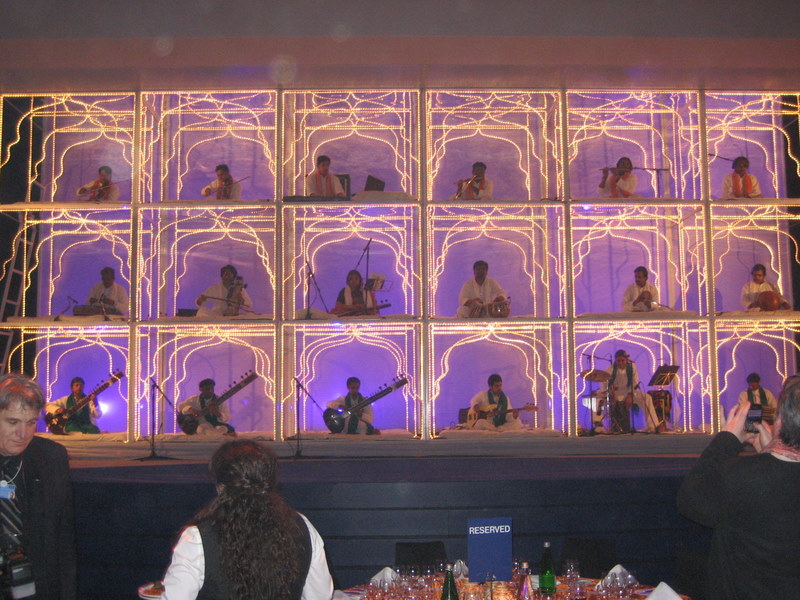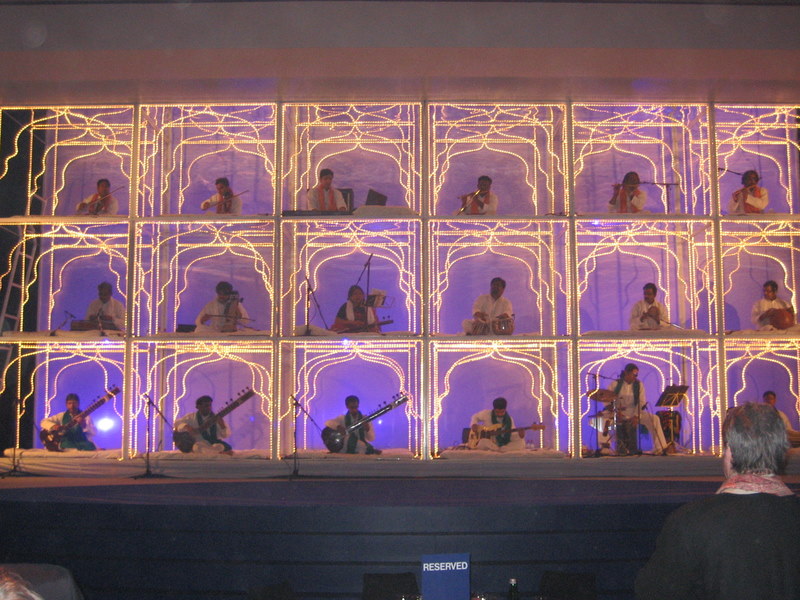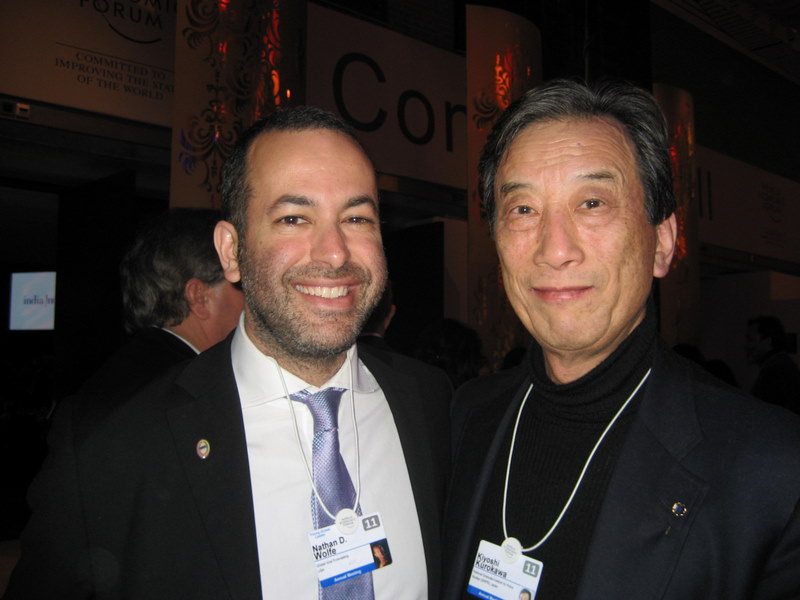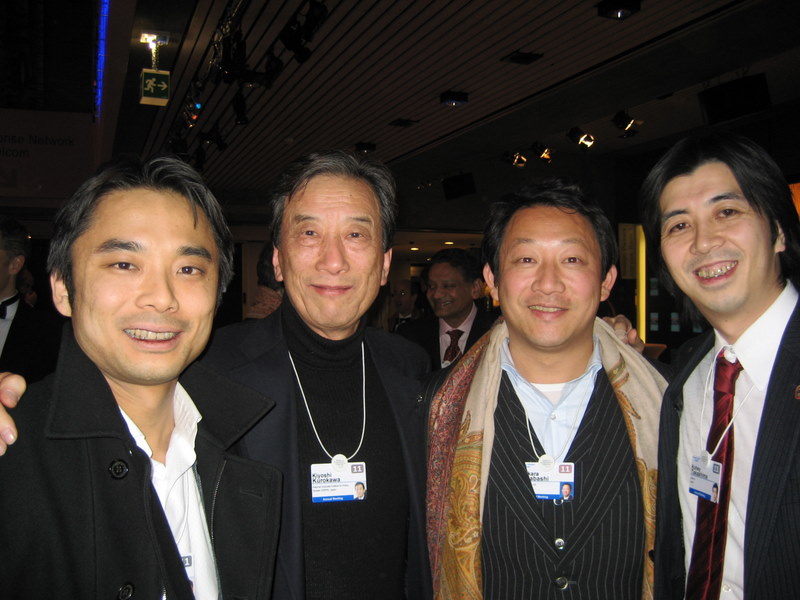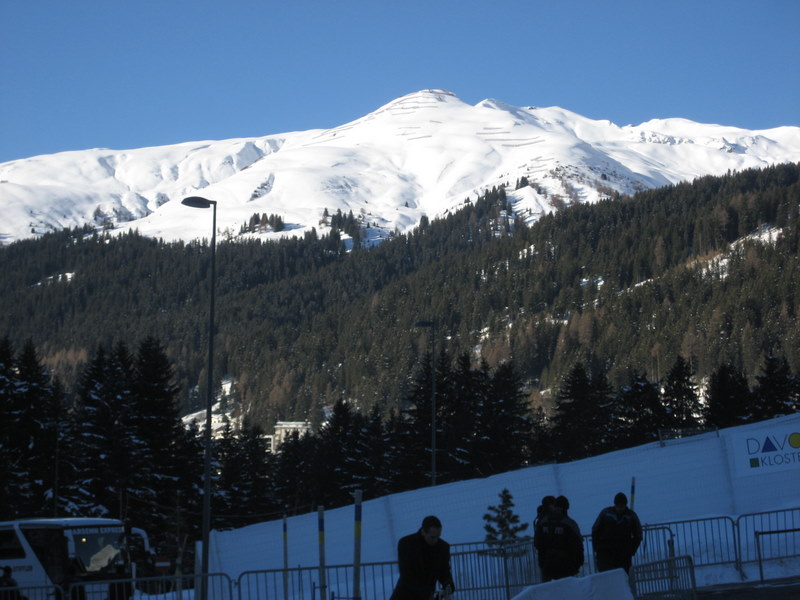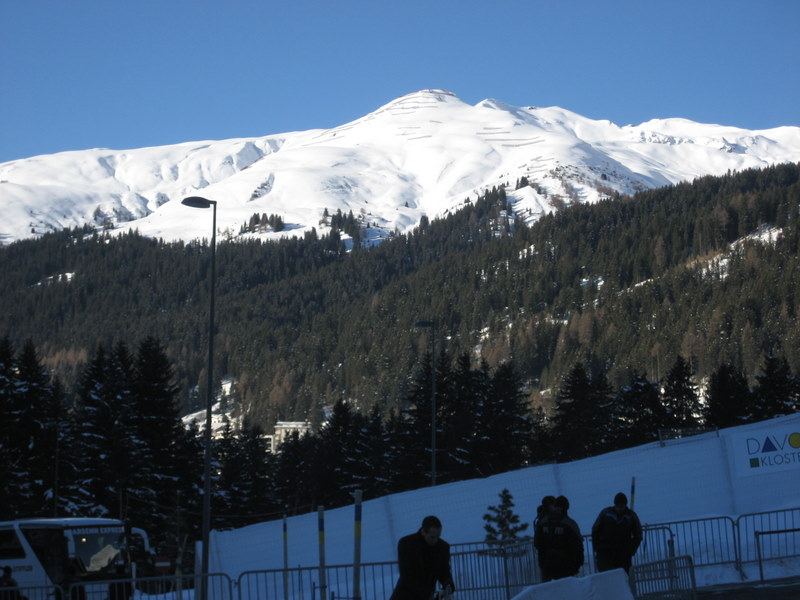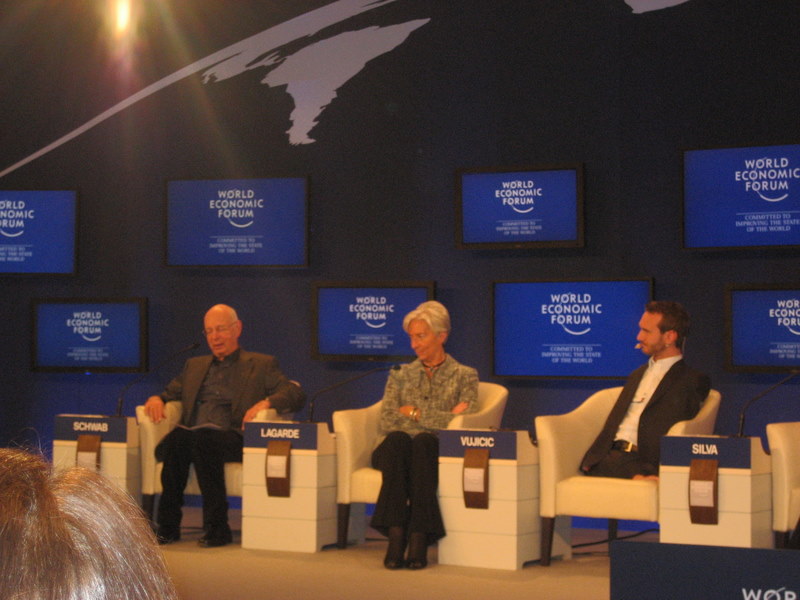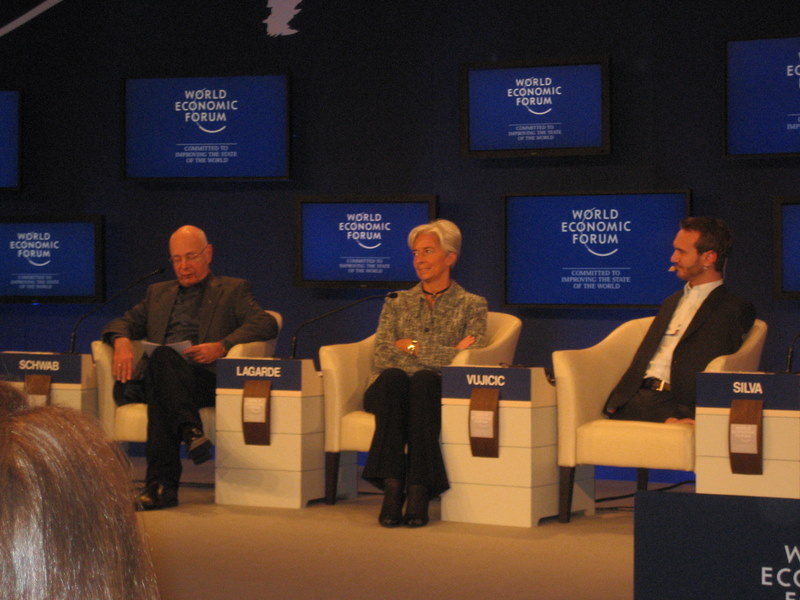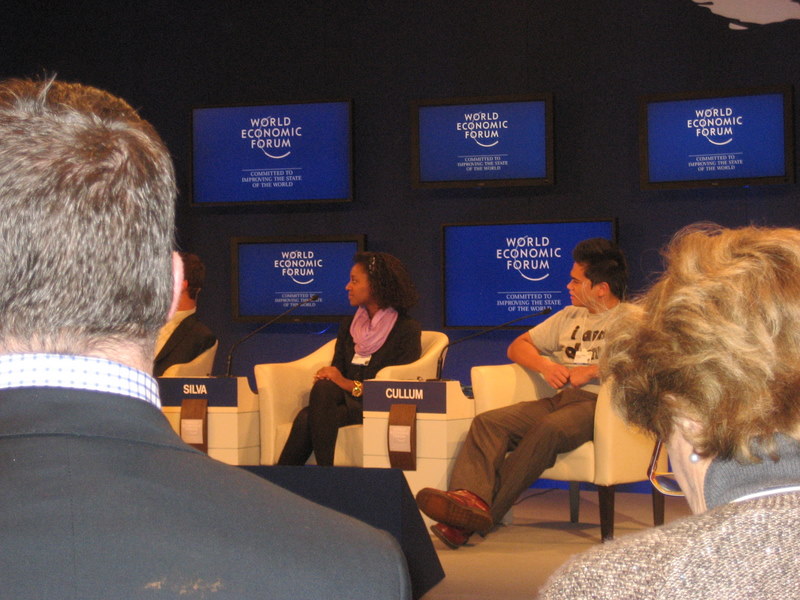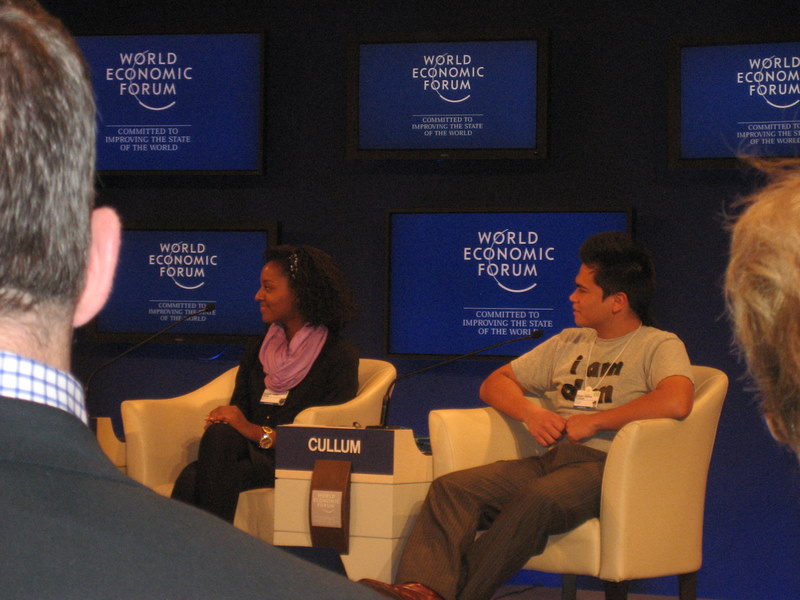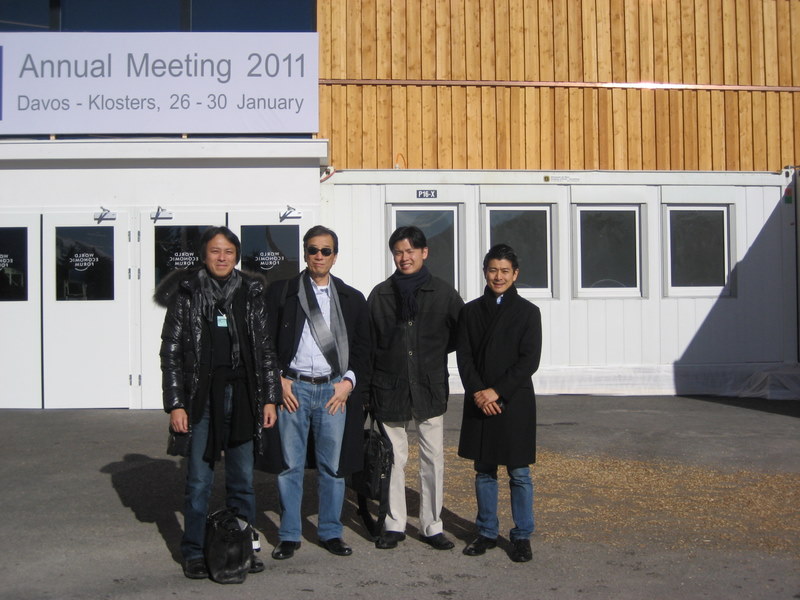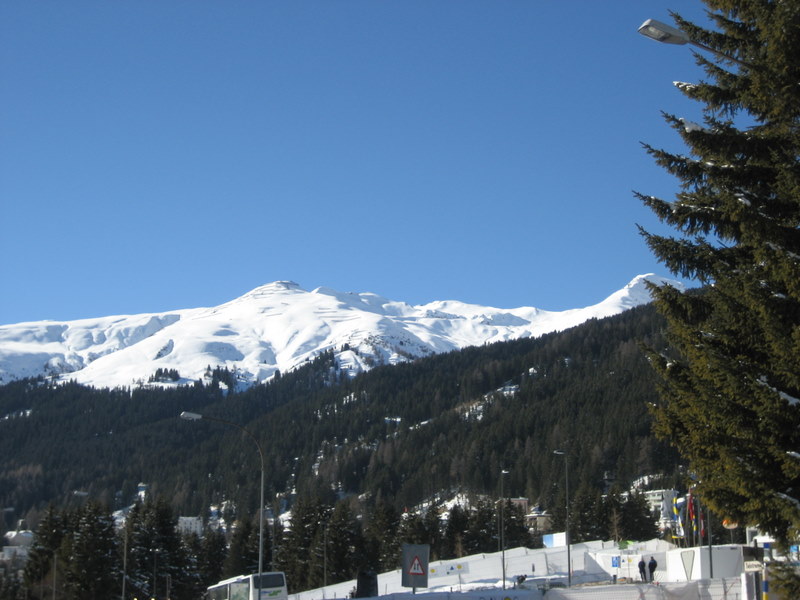Our HGPI (Health and Global Policy Institute) have been hosting Health Summit every February and for this year it was held on February 26th.
We launched this year a collaboration project on Health Policy with CSIS (Center for Strategic and International Studies), a well known Think Tank based in Washington DC. This collaboration has been our hope and issue since last year.
The background of this collaboration is that Dr Brian Biles of CSIS participated in our Health Summit last year, and HGPI co-hosted an international conference last June in London under the title of ‘Transition from G8 to G20: Health and Development’ with CSIS and Chatham House (an established British Think Tank).
We had a preliminary meeting at the Congressman Hall room on February 25th with influential Japanese legislators and the CSIS team Stephen Morrison , Brian Biles. Also participating in the meeting were the specialists of the project – Professor Gerard Anderson of Johns Hopkins University and Professor Ikegami of Keio University for ‘hospital payments’, Professor John Hamelka of Harvard (he has a wonderful blog site) and Professor Akiyama (in Japanese) of the University of Tokyo for IT and health record and patient safety.
A number of legislators with good knowledge of healthcare policy shared their valuable time with us; Mr. Otsuji (in Japanese)(LDP, former Minister of Health and Welfare), Dr. Sakaguchi (in Japanese)(New Komeito, former Minister of Health, Labour and Welfare), Mr. Seko (in Japanese) (LDP), Mr. Kan Suzuki (in Japanese)(DPJ, Senior Vice Minister of Ministry of Education, Culture, Sports, Science, and Technology, Japan), Dr. Adachi (in Japanese)(DPJ, former Parliamentary Secretary for Health, Labour and Welfare), Dr. Umemura (in japanese)(DPJ), and Mr. Konishi (in Japanese)(DPJ). I thank them all for their participation and good, productive discussion.
We also invited several people from business and mass media. Dr. David Bowen of the Gates Foundation happened to be in Tokyo, so we asked him to come as well. Dr. Bowen worked for many years as the policy staff for Senator Edward Kennedy so he has a good knowledge of how healthcare policies work or how legislators develop and manage the process of legislation.
I think that this is the very first case that policymaking process like this took place in Japan. It is the first time that an independent think tank of Japan and the United States collaborated in policymaking, and in its process, set up a Congressional Briefing session with nonpartisan legislators at the Japanese congress auditorium. Next meeting of this CSIS-HGPI project will be held in Washington DC on July 14th, at the timing where a large framework is worked out.
I hope that this event will eventually become one of the new steps of legislation process in Japan
